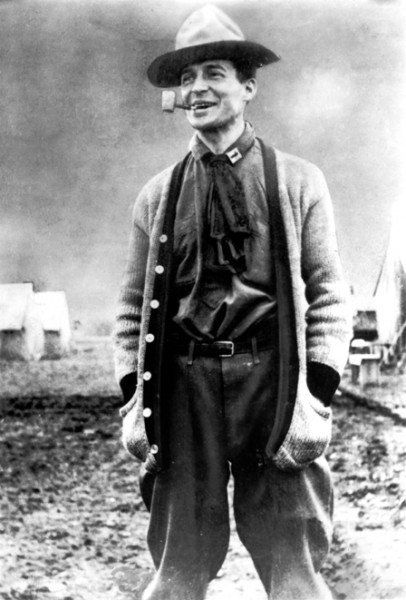The Of The Collaborative Journey of Robert MacArthur and E.O. Wilson: Unraveling the Story Behind Their Seminal Book, "The Theory of Island Biogeography"

Exploring the Life and Legacy of Robert MacArthur: A Pioneer in Ecological Niche Concept
Robert MacArthur was a renowned environmentalist whose contributions to the area of ecology, especially in the location of eco-friendly specific niche idea, have possessed a long-term effect on our understanding of how species communicate along with their environment. His work changed the research of neighborhood ecology and continues to form research in this industry today.
Birthed on April 7, 1930, in Toronto, Canada, MacArthur created an very early enthusiasm in nature and creatures. He gained his Bachelor's degree from Yale University in 1951 and went on to pursue his Ph.D. at Yale as properly. It was during the course of his doctorate research studies that he began to cultivate his concepts about niche concept.
Ecological niche market theory is centered around the idea that each species inhabits a one-of-a-kind environmental niche market within its setting. This specific niche consists of the certain sources it requires for survival and recreation, as properly as the problems it require to grow. MacArthur's research concentrated on understanding how these niche markets are created and preserved within organic communities.
One of MacArthur's most important magazines happened in 1967 along with the release of his publication "The Concept of Island Biogeography," co-authored with Edward O. Wilson. In this book, he proposed a mathematical style that revealed species diversity on islands based on variables such as isle size and range from mainland sources. This job placed the foundation for understanding how species grandeur is influenced by elements such as immigration prices and termination prices.
MacArthur felt that competitors participated in a important part in shaping environmental areas. He suggested that when two or more species share identical information demands, they contend for those information, leading to adjustments in populace sizes and circulations over opportunity. His research study showed how competitors can lead to resource dividing, where various species evolve unique information use approaches to lessen competitors.
In addition to his job on ecological particular niche concept, MacArthur produced notable additions to various other places of ecology as properly. He examined the scouring behavior of birds, exploring how they enhance their power expense when exploring for meals. His study on warblers in the forests of North America given useful ideas into the trade-offs between power acquisition and predation risk.
Unfortunately, MacArthur's job was cut short at the grow older of 42 when he passed away from leukemia in 1972. Despite his unexpected fatality, his ideas and additions proceed to shape environmental analysis today. A lot of environmentalists construct upon his job, better refining our understanding of eco-friendly communities and species communications.

MacArthur's heritage is apparent in the several honors and respects he acquired throughout his profession. In 1965, he was elected to the National Academy of Sciences, one of the best honors an American expert can achieve. He also gotten the Eminent Ecologist Award from the Ecological Society of America in 1970.
In conclusion, Robert MacArthur was a pioneering ecologist whose suggestions on ecological niche theory have had a extensive influence on our understanding of species interactions and neighborhood ecology. His job proceeds to inspire new productions of researchers who try to unravel the intricacies of ecological devices. Though Find More Details On This Page was tragically reduced brief, his additions will definitely permanently be remembered as pivotal in shaping our expertise concerning how organisms communicate with their atmosphere.
